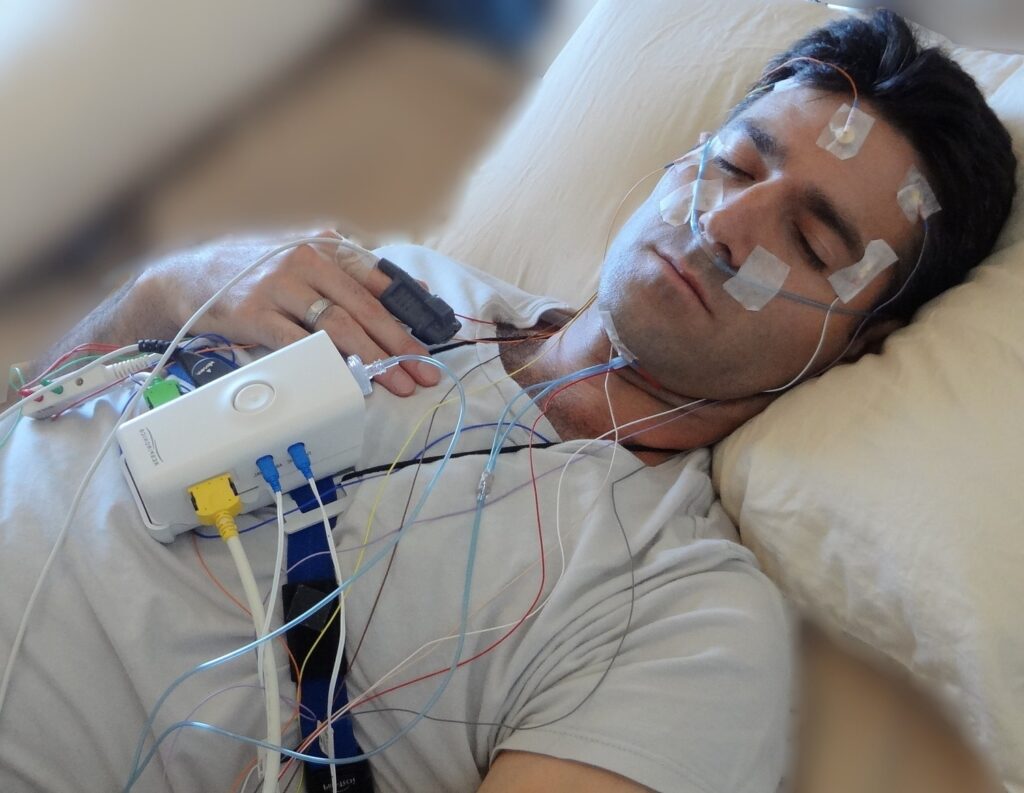

The Helsinki Health Study at the University of Helsinki has been exploring long-term symptoms of insomnia and observed a direct relation with impaired cognitive performance. Their investigation was based on insomnia symptoms development in midlife and follow-up effects on memory, ability to learn, and concentration at the latter stage in life.
Insomnia is characterized by difficulty falling asleep or difficulty maintaining sleep. Moreover, it is proven to have impactful damaging effects on the individual’s mental and physical health. After the initial development of insomnia in midlife, the follow-up period can last as long as 15 to 17 years.
Examining the effects of the development of early-stage insomnia and its impacts on memory, learning ability, and ability to focus. Antti Etholen, a doctoral researcher in the Helsinki Health study said that the results of the study stipulate worsened cognitive activity (memory errors, impaired learning ability and hard time focusing) due to insomnia, especially for those on permissible pension. Furthermore, the results also indicated that these cerebral issues increase if insomnia is prolonged.
With strong evidence from the study, it was clear that there is a direct connection between poor cognitive functioning near retirement age and long-term insomnia symptoms.
Numerous research has been conducted on properly studying the effects of sleep on cognitive activity. However, the part that makes this particular publishing distinguished is its emphasis on the long follow-up period of symptoms of insomnia and its gradual build-up of cognitive performance. One of the many notable discoveries of this study is finding out if the effect of insomnia somehow decreases over the years. In addition, people nearing retirement age show improvement in cognitive functions regardless of other imparities that the advancing age brings. According to Professor Tea Lallukka, if the first initial symptoms of insomnia are tackled, there is a better chance of a good quality of sleep.
More researchers confirm this claim in various words by stating that long-lasting insomnia should be regarded as a risk factor for poor cognitive function. There are many ways to improve the quality of sleep, including the regularity of the sleep rhythm, the appropriate temperature and brightness of the sleeping environment, and the optimal timing of physical exercise, coffee consumption, and eating.
Numerous calculated factors ensure the quality of sleep, some of which are; the environment that we sleep in, the warmth of the room, the brightness of the sleeping environment, regularity in sleep rhythm, and consumption of certain foods/beverages like coffee, and similar beverages, along with many others. Even with these factors being present there still is room for further pursuit.
Professor Lallukka alongside recommending early intervention to tackle insomnia symptoms has shown an assertiveness that there is a strong need for further experimental studies that would determine more effective sleep-promoting methods.
Adding to her findings, professor Lallukka states that it would be interesting to finally find out whether treating insomnia can also help to prevent the development of memory impairments in future research. And for this study only self-reported symptoms can be considered.





